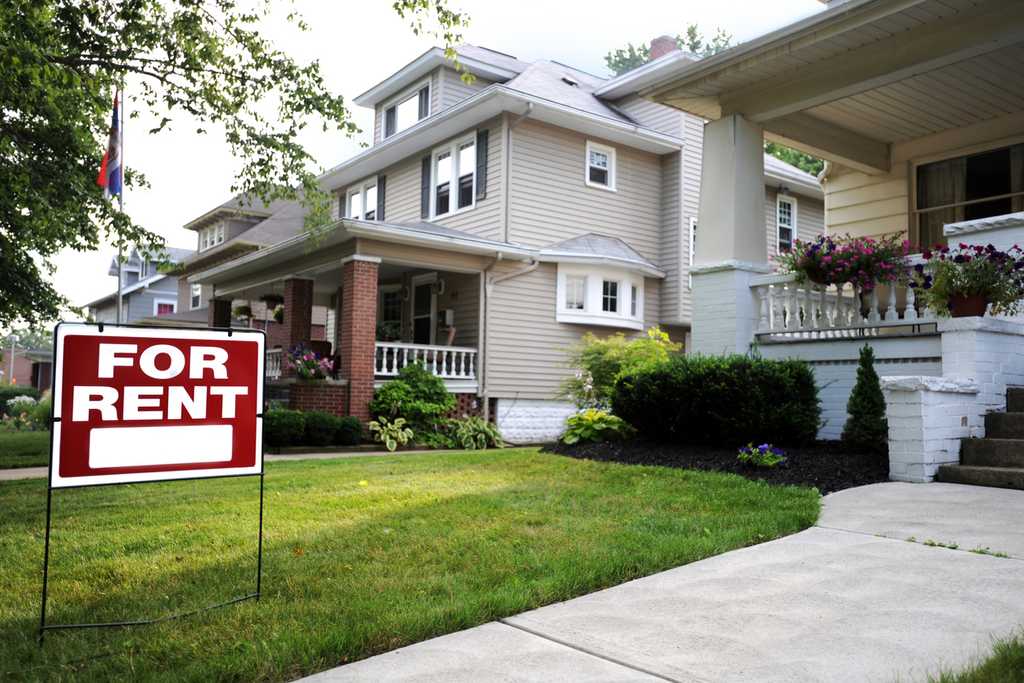
Brianna Toskov
Published: May 1, 2024

As a landlord, navigating the complexities of property management can be both rewarding and challenging. From selecting the right tenants to maintaining property value and adhering to legal obligations, there’s a lot to consider in ensuring your rental properties are not only profitable but also well-maintained and tenant-friendly. In this guide, we’ll delve into six indispensable property management best practices that will empower landlords like you to effectively manage your properties, enhance tenant satisfaction, and optimize your investment portfolio. Let’s dive in and explore the strategies that will elevate your property management game to the next level.

Thorough Tenant Screening
Take the time to conduct comprehensive background and credit checks on prospective tenants. Verify their employment and rental history to ensure they have a track record of reliable payments and responsible behavior. A meticulous screening process can help minimize the risk of problematic tenants and ensure a smoother rental experience.
Maintain Open Communication
Build trust and foster positive relationships with your tenants by keeping communication channels open and being responsive to their inquiries and concerns. Promptly address maintenance issues and keep tenants informed of any relevant updates or changes regarding their lease agreements. Clear and consistent communication can help prevent misunderstandings and conflicts, leading to greater tenant satisfaction.
Organize Documentation
Keep detailed records of lease agreements, rent payments, maintenance requests, and any other relevant correspondence with tenants. Establish a systematic approach to organizing paperwork, whether it’s through digital tools or physical filing systems. Having comprehensive documentation readily available not only helps protect your interests but also facilitates smooth operations and ensures compliance with legal requirements.
Regular Property Inspections
Schedule routine inspections of your properties to assess their condition and identify any maintenance needs or safety concerns. By conducting regular inspections, you can catch issues early on before they escalate into more significant problems, thus preserving the value of your investment. Proactive maintenance and timely repairs can help keep tenants satisfied and minimize disruptions to their living environment.
Strategic Vacancy Planning
Minimize vacancies and maximize rental income by developing a proactive marketing strategy to attract potential tenants. Keep your rental properties well-maintained and competitively priced to appeal to renters in the market. Consider offering incentives such as flexible lease terms or amenities to attract and retain tenants. If previous tenants leave behind belongings, consider arranging for a dumpster to remove the items quickly, ensuring the property is ready for new occupants. By planning ahead and staying proactive, you can reduce downtime between leases and optimize your rental revenue.
Stay Legal and Informed
One of the most important property management best practices is staying updated on local landlord-tenant laws and regulations to ensure compliance with legal requirements. Familiarize yourself with tenant rights, eviction procedures, and fair housing regulations in your area. Keep abreast of any legislative changes or updates that may impact your property management practices. Seeking professional guidance when necessary can help you navigate legal complexities and protect your investment interests.
In Conclusion of Property Management Best Practices
effective property management requires a combination of diligence, communication, and professionalism. By following these six essential tips, you can enhance your skills as a landlord and create a positive rental experience for both yourself and your tenants.

